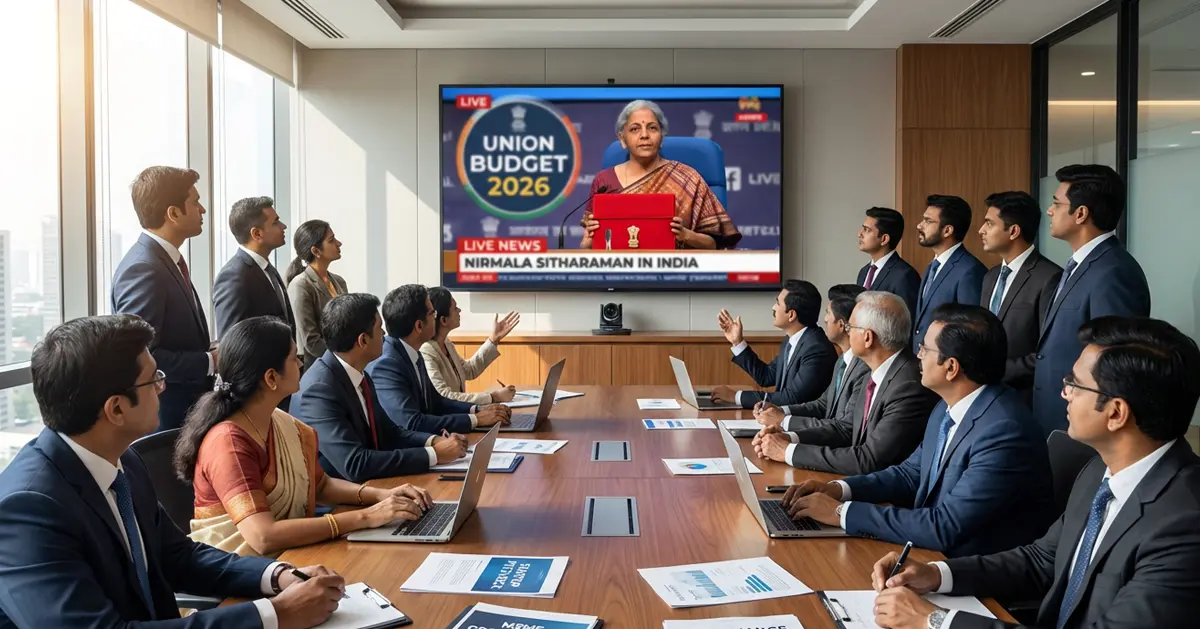
Introduction
A full-fledged money changer is a company that conducts foreign exchange transactions after receiving prior Reserve Bank of India (RBI) certification. These companies have been sanctioned under the Foreign Exchange Act of 1999. The RBI permits businesses to handle foreign exchange for specific purposes. These businesses go under the name of Authorised Exchanges, or AMCs. You may not be familiar with this topic, but after reading this article, you will not think it odd. Let me discuss the FFMC License, which is a complete money changer.
What do you mean when you say Full Fledged Money Changer (FFMC)?
First and foremost, it is critical to comprehend the meaning of this word. Foreign cash can be purchased from Indian citizens and non-residents by an authorised firm known as a Full Fledged Money Changer (FFMC), who can then sell it only to tourists and business visitors. Section 10 of the Foreign Exchange Management Act 1999 states that only licensed money changers are allowed to operate foreign exchange operations and offer the necessary exchange services in the country. In an effort to lessen the challenges experienced by foreign tourists and visitors, several companies and hotels have also been granted registration to deal in foreign currency notes, coins, and traveler’s checks in compliance with the RBI’s often issued recommendations.
No one is permitted to carry out or market exchange activities without a current exchange licence issued by the RBI. If someone operates an exchange office without a valid license, they risk legal action.
The benefits of FFMC
The benefits of Full Fledged Money Changer are explained below:
- Foreign currency sales facilities and services can be provided by an AMC licensee.
- An FFMC licensee has the authority to offer collection certificates for foreign currency notes and traveller’s checks from both residents and non-residents.
- An FFMC licensee may handle foreign exchange operations for international tourists visiting India.
- An AMC licensee may use the current exchange rate to settle foreign currency, coins, and traveller’s checks.
Also Read: Full-Fledged Money Changers (FFMC)
Qualifications for FFMC registration eligibility
The following requirements must be fulfilled by an applicant seeking an FFMC licence, per RBI regulations:
- The applicant should register their business in line with the Companies Act of 2013.
- In addition, a single FFMC branch must have a minimum NOF (Net-owned Fund) of Rs. 25 lakhs, whereas FFMCs with several branches must have a minimum NOF of Rs. 50 lakhs.
- There should be no active criminal or civil cases against a firm or individual with the Directorate of Enforcement or the Directorate of Tax Intelligence.
- The sort of money transaction that the company will be engaging in must be specified in the subject matter section of the memorandum.
Operations of the FFMC
Tasks performed by a Full Fledged Money Changer (FFMC) include the following:
- FFMC may, at its option, enter into a franchise agreement to run a restricted money exchange operation, which essentially comprises trading traveller’s checks, coins, and foreign currency notes for Indian Rupees (INR).
- Foreign currency coins, notes, and traveller’s checks can be purchased from FFMC or its franchisees by both Indian nationals and foreigners.
- If a foreign visitor or tourist uses an international credit card or debit card to purchase Indian Rupees (INR), FFMC may swiftly demand repayment through conventional banking channels.
- FFMCs have the following options when it comes to selling foreign currency.
- Business visits
- Private visits
- Forex Prepaid Cards
Also Read: Navigating the World of FFMC Licenses
Let us have a look at the various FFMC licensing types.
An organisation cannot operate as a full-fledged money changer (FFMC) without the types of licenses mentioned below.
- Category I Banks of Authorised Dealers (Category I AD Banks)
- Authorised Dealers for Category II (Category II Ads)
- Full-fledged money changers (FFMC)
How to submit an RBI FFMC licensing application
To apply for an RBI Full Fledged Money Changer License, you need to do the following:
- Applying to the Reserve Bank of India: The first stage in the process is for the applicant firm to submit an application in the prescribed format to the regional Apex Bank branch, together with the necessary documentation. Annexure II covers the format that the RBI has specified.
- Comply with the appropriate and pertinent standards: To get an Authorised Money Changer License from the Reserve Bank of India, a company must meet the Fit and Proper conditions. The Board must do a Due Diligence exercise to make sure that the necessary Fit and Proper standards are suitably met.
Furthermore, assessing a candidate’s experience, honesty, credentials, and past performance is one of the primary purposes of the eligibility and propriety criterion.
Documents needed to complete an FFMC
The following paperwork is necessary for a complete currency exchange:
- The Certificate of Incorporation and the Certificate of Commencement of Business are copies of the business registration certificates.
- A letter outlining the exchange business provisions and a copy of the memorandum of association.
- A message of confidentiality from the bank.
- A certificate from the statutory auditors of the net assets owned, together with a copy of the company’s most recent audited balance sheet. Additionally, the latest three years’ audited financial statements must be provided.
- A declaration stating that neither DOE nor DRI is looking into the firm or its directors.
- The relevant information about the type of company.
- Information on the applicant’s prior FFMC/RMC licence application
- Board of Directors resolution about the exchange office’s operations and the application for a full-fledged money changer licence.
Post-approval regulations for FFMC licenses
The requirements listed below must be fulfilled in order to register after being approved as a full-fledged exchanger:
- The directors of the company must provide the Reserve Bank of India with a copy of the lease agreement, trade and establishment licence, and certificate of ownership prior to starting any commercial activity.
- All rules, regulations, and circulars issued by Apex Bank must be followed by the applicant business.
- A copy of the Money Changer licence must be displayed at each of the licensee firm’s registered offices.
- In order to guarantee the smooth and trouble-free execution of foreign currency activities and operations, the applicant organisation must establish a robust concurrent audit architecture.
- A yearly audited balance sheet and profit and loss statement for the preceding three years must be submitted by the licensee’s registered firm to the RBI regional office.
Revocation of License by FFMC
The Reserve Bank of India has the authority to cancel any registered company’s FFMC licence at any time if it finds that;
- The revocation of FFMC’s licence serves the public interest.
- Any of the Act’s requirements, rules, regulations, notices, and instructions have been violated by the FFMC licensee.
- The RBI has the authority to cancel the authorisation of any FFMC offices that break any laws or regulations. The Reserve Bank also has the authority to remove any existing license limitations for FFMC or apply new ones.
The FFMC License Renewal
The FFMC licensee must submit an application for renewal at least two months prior to the license’s expiration date, or within any other time limit that the Reserve Bank of India may designate.
It is presumed that the RBI will grant FFMC’s request to renew its licence. In this case, the license can be valid until the license expiration date or if the application is rejected by the RBI. The RBI will not accept any applications for the renewal of an FFMC licence once the licence has expired.




